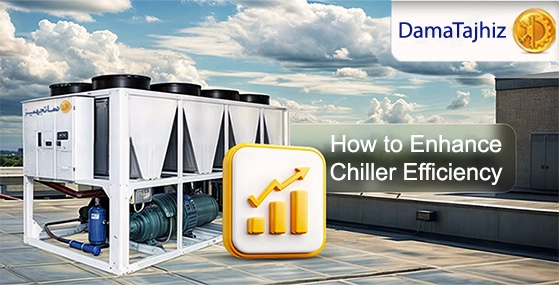Ducted Split vs. Chiller
Here are the key differences between central chillers and ducted split systems in our detailed guide. From energy efficiency and installation costs to noise levels and humidity control, we break down everything you need to know to make the smartest choice for your home or office.
Table of Contents
Fast shipping nationwide
Secure payment
Valid warranty
After-sales service
Address
Head Office: No. 463,Talebian Alley,Taleghani St.Tehran,Iran
Phone
Fax
Email


DamaTajhiz has provided the opportunity to sell and ship specialized HVAC equipment for applicants in the following countries as the first and the most popular online store for selling HVAC equipment (Heating , Ventilation , Cooling , Air conditioning) in the Middle East : Afghanistan – Tajikistan - Uzbekistan – Turkmenistan – Azerbaijan – Armenia – Georgia – Turkey – Iraq – Syria – Jordan – Kuwait – Emirates – Qatar – Oman.





